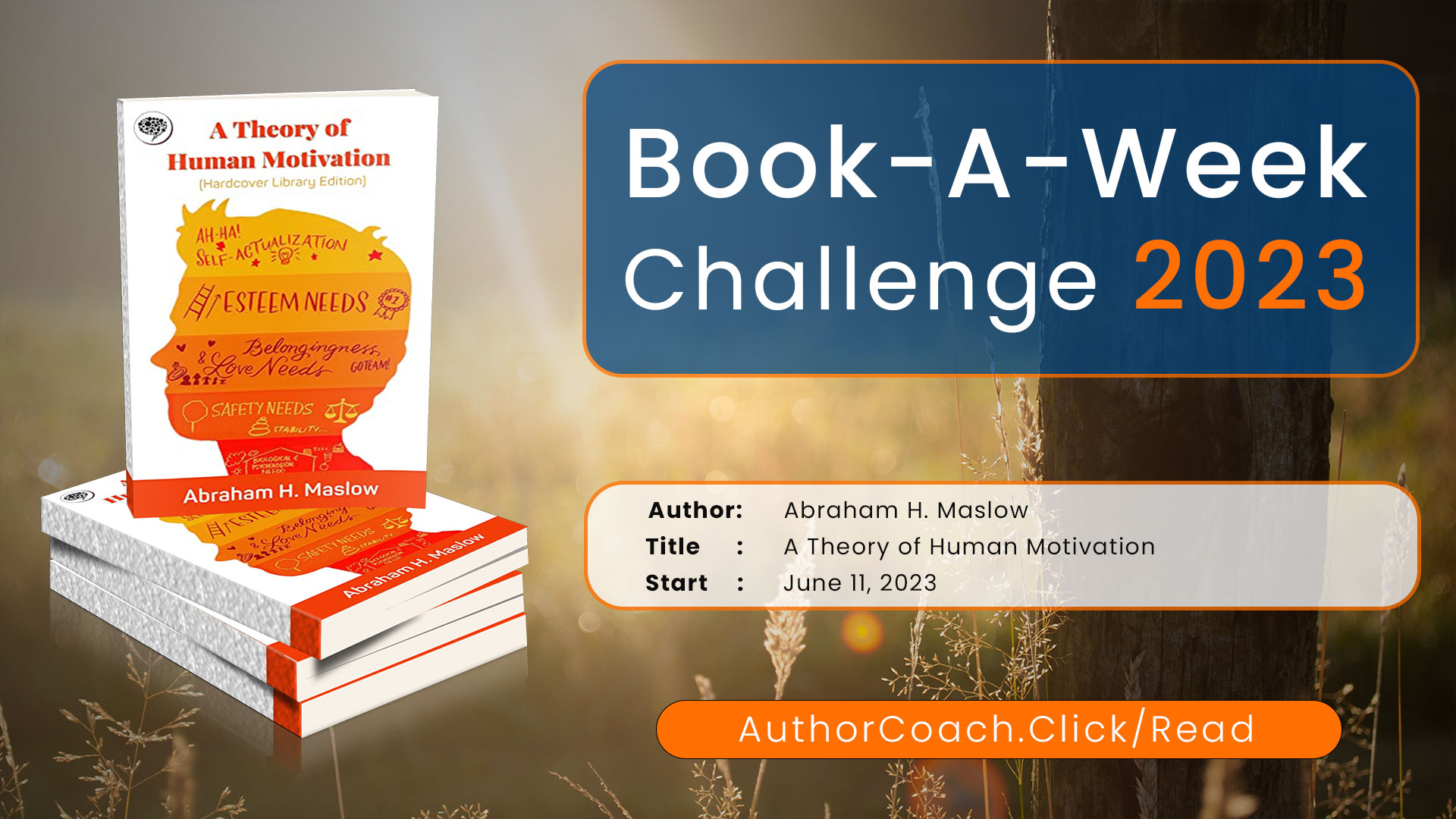In “A Theory of Human Motivation,” Abraham H. Maslow presents a comprehensive framework to understand the factors that drive human behavior. As a Christian non-fiction author, you can use Maslow’s theory to emotionally impact your readers and inspire them to make changes in their lives.
Here is a 750-word overview of Maslow’s work, along with three primary takeaways for you, each supported by three biblical passages.
Overview of “A Theory of Human Motivation”
Maslow’s theory, known as the Hierarchy of Needs, is a pyramid of human needs that must be fulfilled in a specific order. The hierarchy is divided into five levels:
- Physiological Needs: Basic necessities such as food, water, and shelter.
- Safety Needs: Security, stability, and freedom from fear.
- Love and Belonging Needs: Emotional connections with others, such as friendship and family.
- Esteem Needs: Self-respect, recognition, and a sense of accomplishment.
- Self-Actualization Needs: Realizing one’s full potential and pursuing personal growth.
According to Maslow, lower-level needs must be met before an individual can focus on higher-level needs. As a Christian non-fiction author, you can use this understanding of human motivation to create work that emotionally resonates with your readers and helps them identify areas of their lives that require growth and change.
Takeaway #1: Address Your Readers’ Basic Needs
To emotionally impact your readers, you must first consider their basic needs. Show empathy for their struggles and remind them of God’s provision in times of need.
Consider these biblical passages to support this takeaway:
- Matthew 6:25-26: “Therefore I say to you, do not worry about your life, what you will eat or what you will drink; nor about your body, what you will put on. Is not life more than food and the body more than clothing? Look at the birds of the air, for they neither sow nor reap nor gather into barns; yet your heavenly Father feeds them. Are you not of more value than they?“
- Psalm 23:1: “The Lord is my shepherd; I shall not want.“
- Philippians 4:19: “And my God shall supply all your need according to His riches in glory by Christ Jesus.“
Takeaway #2: Foster Love and Belonging in Your Writing
Help your readers feel a sense of love and belonging by emphasizing the importance of relationships and community in the Christian faith. Encourage them to connect with others and remind them of the love God has for them.
Consider these biblical passages to support this takeaway:
- 1 John 4:7-8: “Beloved, let us love one another, for love is of God; and everyone who loves is born of God and knows God. He who does not love does not know God, for God is love.”
- Romans 12:10: “Be kindly affectionate to one another with brotherly love, in honor giving preference to one another.”
- Hebrews 10:24-25: “And let us consider one another in order to stir up love and good works, not forsaking the assembling of ourselves together, as is the manner of some, but exhorting one another, and so much the more as you see the Day approaching.”
Takeaway #3: Encourage Personal Growth and Spiritual Transformation
Inspire your readers to pursue personal growth and spiritual transformation by addressing their esteem and self-actualization needs. Remind them of the transformative power of faith and the importance of seeking God’s will for their lives.
Consider these biblical passages to support this takeaway:
- Romans 12:2: “And do not be conformed to this world, but be transformed by the renewing of your mind, that you may prove what is that good and acceptable and perfect will of God.”
- Philippians 4:13: “I can do all things through Christ who strengthens me.“
- 2 Corinthians 3:18: “But we all, with unveiled face, beholding as in a mirror the glory of the Lord, are being transformed into the same image from glory to glory, just as by the Spirit of the Lord.“
“A Theory of Human Motivation” by Abraham H. Maslow offers valuable insights into the factors that drive human behavior. As a Christian non-fiction author, you can use these insights to create work that emotionally impacts your readers and inspires them to make changes in their lives.
By addressing your readers’ basic needs, fostering love and belonging in your writing, and encouraging personal growth and spiritual transformation, you can create work that resonates with your audience and helps them navigate their spiritual journey.
By incorporating these takeaways, supported by biblical wisdom, you can effectively engage your readers and foster a sense of community and shared purpose in their pursuit of a deeper relationship with God and personal change.


Leave a Reply